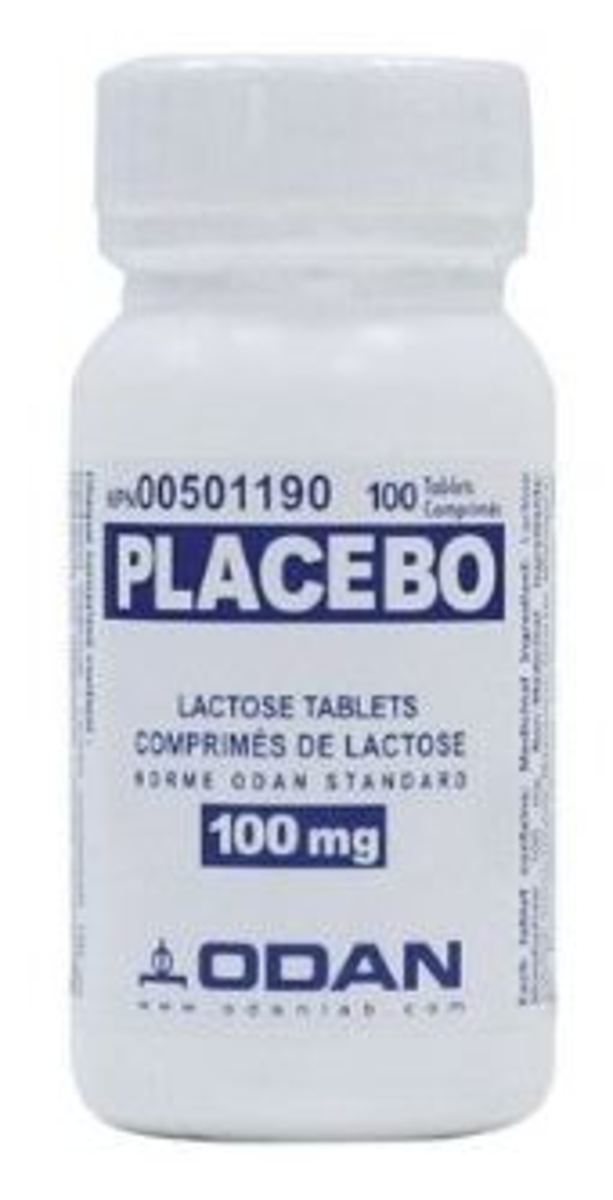Million Veteran Program to Help Millions by Studying How Genes Affect Health

Copyright 2012 - Kris Heeter, Ph.D.
Million Veteran Program (MVP) was launched in 2011 as a one of a kind initiative to build the largest medical and genetic database to date. It promises to help researchers and medical professionals better understand how genetic changes affect health.
This program is being conducted by the Department of Veterans Affairs Office of Research & Development. The goal of MVP is to anonymously collect and store the medical histories and blood samples from 1 million U.S. veterans on a volunteer basis to help advance research on diseases like diabetes and cancer, and military-related illnesses, such as post-traumatic stress disorder (PTSD).
The MVP database and the related discoveries hold the promise for advancement in personalized medicine and it is expected to lead to more effective treatments, reduce medical costs, and create more programs that emphasize disease prevention.
"MVP is a truly historic effort, in terms of both VA research and medical research in general. Veterans nationwide are helping to create a database that has the potential to help millions around the country – Veteran and non-Veteran alike. They are continuing to serve the nation well beyond the time they stopped wearing the uniform.”
- Secretary of Veterans Affairs Eric K. Shinseki.
A comprehensive medical database
The MVP seeks to create the most comprehensive medical databases in the world.
A collection of standard clinical laboratory tests and genetic tests of volunteer veterans allows the VA to track and assess patterns of depression, PTSD, suicide and suicide screenings, alcohol and substance abuse, traumatic brain injury, diabetes, cancer rates, and more. The program pairs this medical information with the genetic information gathered from blood samples from U.S. veterans.
With this massive database, researchers will better understand why some people are more responsive to certain drugs and treatments. The long-term goal is to use this information to advance the field of personalized medicine for both veterans and non-veterans alike. The future of medical care will be based on people’s individual genetic profiles.
Veteran information on volunteering
Data collected through the Million Veteran Program is stored anonymously. To date, more than 110,000 veterans have volunteered for this program.
There are numerous VA centers throughout the U.S. where veterans can volunteer:
- Albany, New York
- Albuquerque, New Mexico
- Atlanta, Georgia
- Baltimore, Maryland
- Bay Pines, Florida
- Birmingham, Alabama
- Boston, Massachusetts
- Buffalo, New York
- Charleston, South Carolina
- Cleveland, Ohio
- Columbia, South Carolina
- Denver, Colorado
- Durham, North Carolina
- Gainesville, Florida
- Houston, Texas
- Indianapolis, Indiana
- Kansas City, Missouri
- Leavenworth, Kansas
- Little Rock, Arkansas
- Long Beach, California
- Los Angeles, California
- Manhattan, New York
- Miami, Florida
- Milwaukee, Wisconsin
- Minneapolis, Minnesota
- Nashville, Tennessee
- Palo Alto, California
- Phoenix, Arizona
- Pittsburgh, Pennsylvania
- Portland, Oregon
- Salisbury, North Carolina
- Salt Lake City, Utah
- San Antonio, Texas
- San Diego, California
- Seattle, Washington
- Shreveport, Louisiana
- Temple, Texas
- Tuscaloosa, Alabama
- Washington, District of Columbia
- West Haven, Connecticut
Information on how to enroll in the program in these cities can be found through the VA on the their Million Veteran Program website.
Future directions
The MVP continues to enroll volunteers at VA clinics in the cities mentioned above and the database continues to grow and be studied.
The Million Veteran Project and similar genetic database programs like the 1000 Genomes Project open the door for scientists to identify new genetic variants that underlie common diseases. These projects are helping researchers better understand both the genetics of disease and the gene-environment (lifestyle) interactions that lead to disease.





